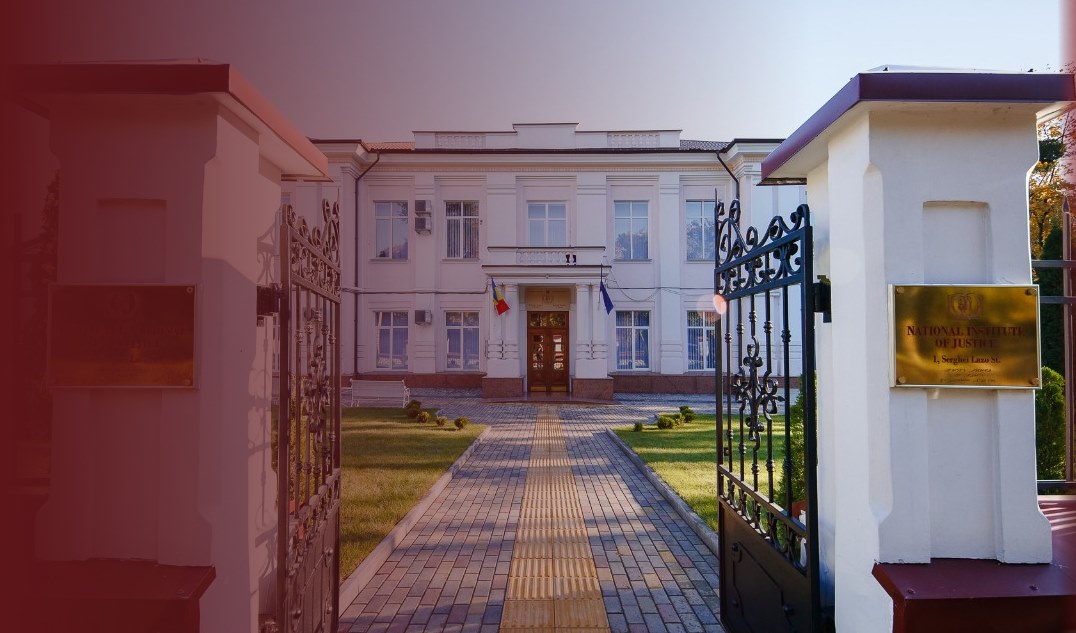The Regina Maria Hall of the National Institute of Justice hosted on April 11, 2019, the launch of a trilogy on the occasion of the celebration of the Centenary of the Great Union, which sums up legal acts, explanatory decisions and international treaties to which the Republic of Moldova is a Party.
The anniversary set consists of three titles: "Explanatory judgments in criminal matters of the Plenum of the Supreme Court of Justice", "Models of judicial acts in criminal proceedings for judges of instruction" and "International Legal Cooperation: 50 International Treaties to which the Republic of Moldova is a Party".
The volumes were developed within the National Institute of Justice by several academics and practitioners to serve as a model for the correct interpretation of national and international law, and finally, in order to help to improve the quality of the act of justice.
The launched books were presented by the authors Diana Scobioala, PhD in International Law, the NIJ Director, Artur Airapetean, Doctor of Law, Associate Professor at USEM, and Ghenadie Nicolaev, resigning judge.
Thus, the 50 International Treaties to which the Republic of Moldova is a Party, from the volume "International Legal Cooperation", includes civil aspects, as well as criminal aspects that evoke the legal basis according to which assistance is provided, the way of contact between the responsible authorities, the language of the communication, the content, the form of the request and the proper procedure for examining applications for international assistance.
"Models of judicial acts in criminal proceedings for judges of instruction" is a collection of procedural acts from the activity of the instruction judges which is a necessary support for the elaboration of legal acts. The edition was released thanks to the United Nations Development Programme and the US Government.
The explanatory judgments in the volume "Explanatory judgments in criminal matters of the Plenum of the Supreme Court of Justice" have been elaborated with a view to overcoming the legislative shortcomings and the problems generated by the non-unitary jurisprudence in criminal matters for enhancing the security of legal relations and the removal of any doubts in the law enforcement process.
At the end of the event, volumes, being useful tools in the field of justice, were distributed to presidents of courts invited to launch.

